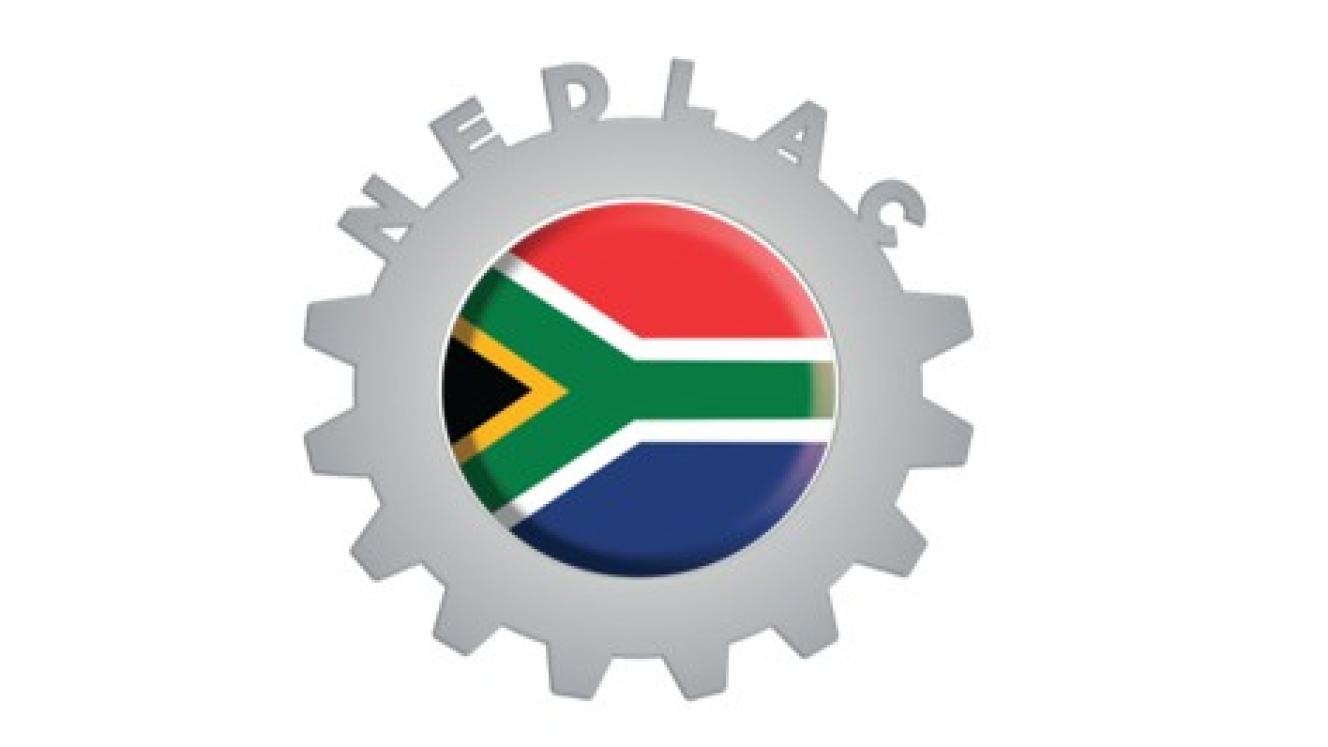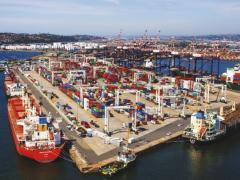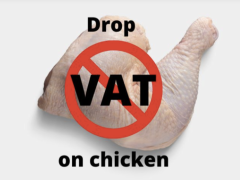An apparent attempt to circumvent protocol requirements through peremptory compliance has backfired on the Department of Transport’s (DoT) ambitions to get the Merchant Shipping Bill promulgated.
Whereas South Africa’s shipping industry feared a July 11 announcement by Parliament’s Portfolio Committee on Transport following various private-sector submissions opposing proposed short-sea shipping restrictions contained in the Bill, the burden of responsibility has shifted back to the DoT.
This was confirmed by Terry Gale, chairperson of Exporters Western Cape (EWC).
He said the Bill in its current form, which serves to curb and in some places cancel cabotage rights for foreign-owned lines, would have to be referred to the National Economic Development and Labour Council (Nedlac).
This view aligns with what Annelize Crosby, Head of Legal Intelligence at the Agricultural Business Chamber of South Africa, recently said during a presentation on the topic at an EWC gathering.
She explained that all proposed legislation that could potentially undermine South Africa’s socio-economic environment had to be referred to Nedlac for thorough scrutiny.
Crosby said the way government often tried to get around this protocol was to rush Bills through the Nedlac process without line-by-line due diligence.
In the meantime, freight sector executives from across the board, who in many respects are collaborating through public-private partnerships to solve South Africa’s ongoing logistical challenges, are split over the Bill.
Transport minister Barbara Creecy has variously stated that it is a fiscally prudent decision to home-shore short-sea shipping as it should lead to job creation and revenue generation.
But freight forwarders like Gale and custodial body representatives like Crosby argue that placing cabotage restrictions on international lines will compromise an already struggling cargo environment.
Primary among these fears is government’s perceived ambition to launch a new state-owned enterprise called the South African Shipping Company.
Gale remarked that, given the current tariff situation with the US in which South Africa could face stiff export increases of 30% by 1 August, industry had no appetite to face down another threat.
“They’re going to have to send it back to Nedlac,” he said.













